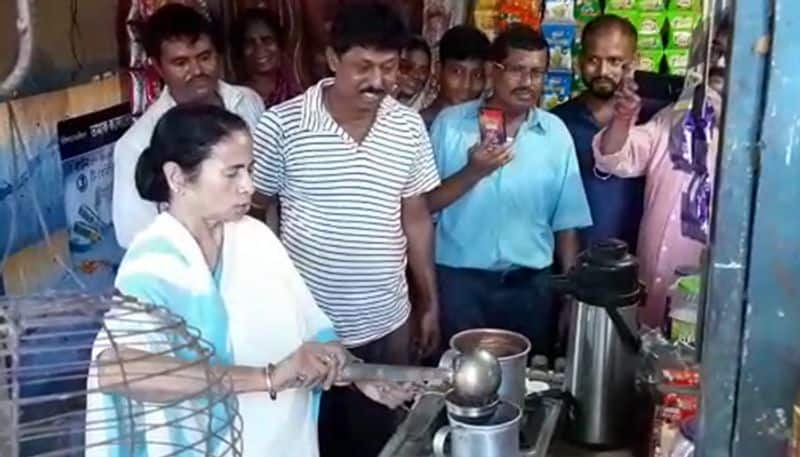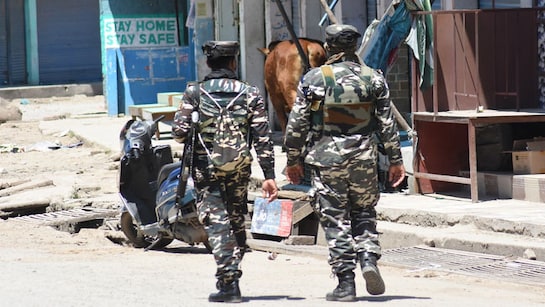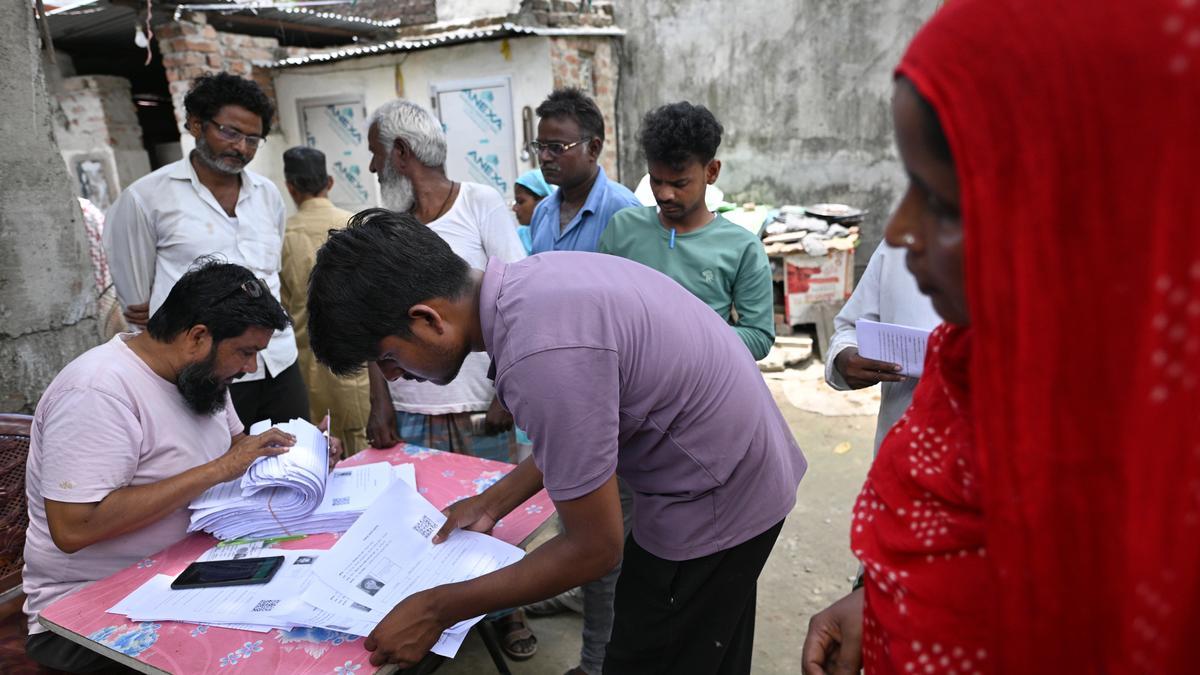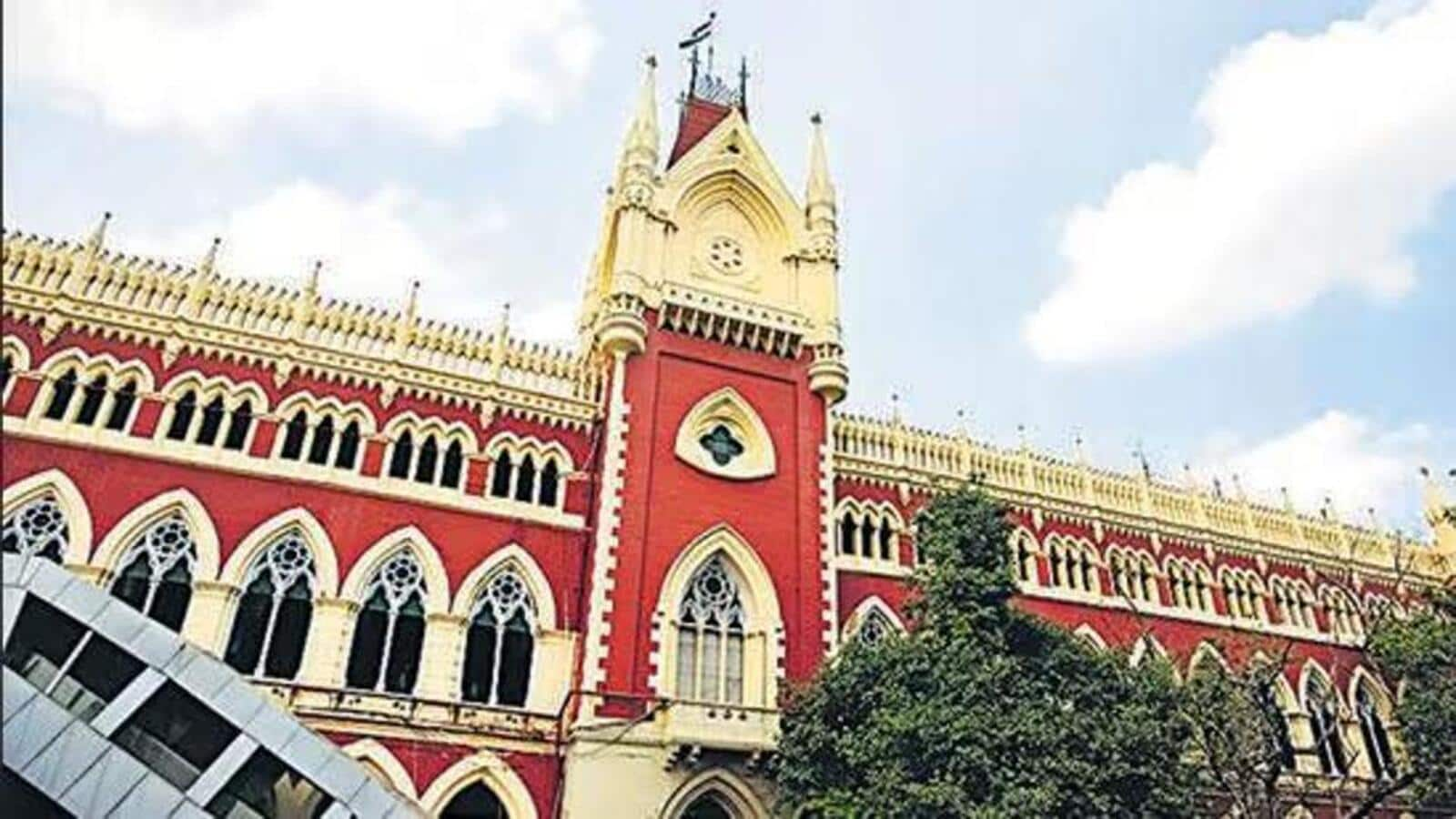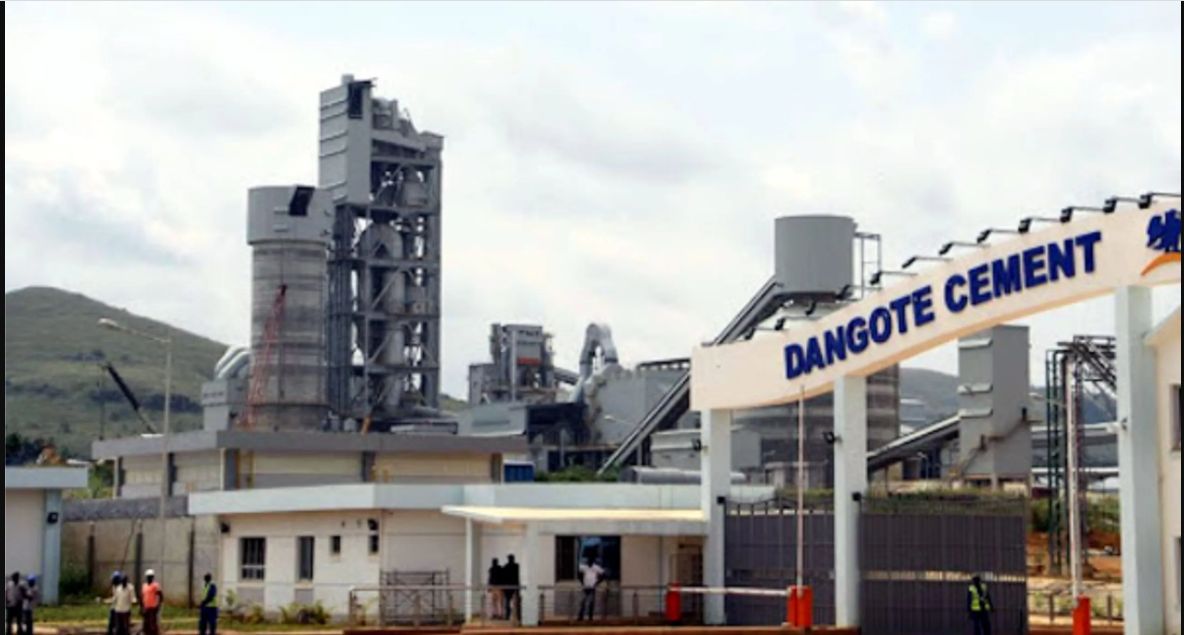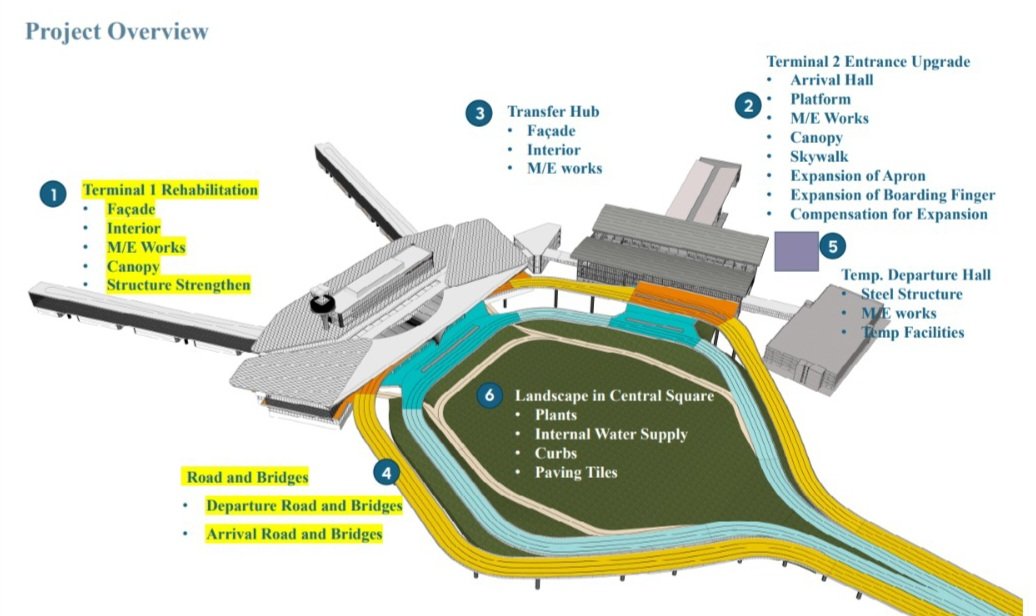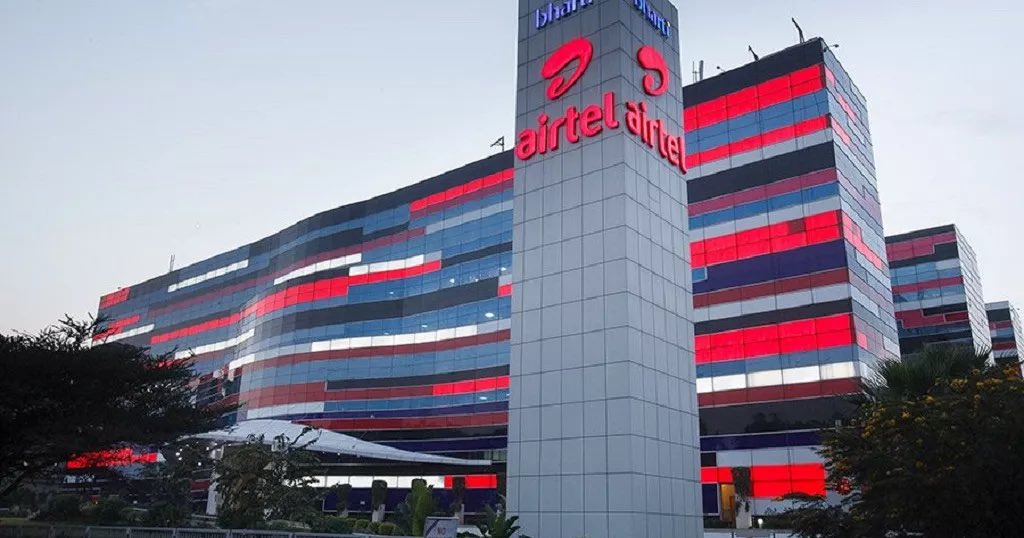Baby Chakraborty, KalimNews, Kolkata, May 1, 2025 : After a busy three-day schedule in Digha, Chief Minister Mamata Banerjee wasted no time in addressing issues close to her heart. Upon returning from the coastal town, she made an unscheduled visit to Mechua Bazar, a bustling area in Kolkata known for its old, cramped buildings and market hazards.
During her visit, the Chief Minister took the opportunity to raise concerns about the many dangerous, dilapidated buildings in the city, particularly in areas like Barabazar and Jorasanko. She pointed out that these buildings, some of which are centuries old, pose an imminent risk of collapse, endangering the lives of the residents and passersby. Mamata Banerjee also spoke about several irregularities at a hotel she referred to as the “cursed hotel,” which has been a subject of local controversy due to safety and structural issues.
While interacting with locals, the Chief Minister emphasized that the Kolkata Municipal Corporation had already issued notices regarding the dangerous state of some buildings in the city. However, despite these warnings, many residents continue to live in these precarious structures, reluctant to vacate their homes due to various reasons, including financial constraints and lack of alternative housing.
“These buildings are in such a state that they can collapse at any time. It’s a matter of life and death, and yet people are unwilling to leave. We have warned them repeatedly, but it seems no one is paying attention,” said Mamata Banerjee.
Mamata Banerjee also reiterated her concerns about fire safety in the Barabazar area, which has witnessed several devastating fires in the past. The Chief Minister pointed out that despite the serious risk, many businesses in the area continue to store flammable materials, such as plastic and chemicals, which could spark another disaster. She specifically mentioned the Nanda Market fire, which occurred when she was in opposition, and highlighted the lack of government action at the time.
“When I was in opposition, there was a major fire in Nanda Market. I sat on the streets for three days protesting because there was no government response. When we came to power, we built a fire station and a police station to prevent such incidents,” she added.
Despite her repeated warnings, the Chief Minister lamented that the Barabazar Business Association continues to ignore safety protocols. “They are still storing plastic inside their buildings and chemicals in hazardous conditions. When a fire breaks out, they run away, leaving others to die. How many more people need to die before they realize the danger?” she asked.
In a candid moment, Mamata Banerjee expressed her frustration with the public’s lack of action, but also made a personal plea. “If you don’t vote for me after I say all this, then don’t vote for me. But remember, I am saying this for your own good. I want you to be safe. Please save lives,” she said, urging the public to take her warnings seriously.
Her words were a pointed reminder of the deadly risks posed by overcrowded, unregulated areas in the city, where the combination of old, unstable buildings and poor fire safety practices create a ticking time bomb.
As she addressed the gathered crowd, Mamata Banerjee’s message also had a political undertone. She made it clear that her push for safety and reform should not be misunderstood as an electoral strategy. “I want your well-being, not your votes. If you don’t vote for me for saying these things, so be it. But please remember that I am only asking for your safety.”
The Chief Minister’s visit to Mechua Bazar and her impassioned speech highlight the ongoing challenges Kolkata faces in managing its old infrastructure and improving safety standards. While the government has taken steps to address these issues, including setting up new fire stations and enforcing safety regulations, it seems there is still significant resistance to change among both the public and local businesses.
The Chief Minister’s call for action serves as a reminder that the road to safer, more regulated urban environments is often met with resistance, but it is one that must be traveled to prevent future tragedies.


